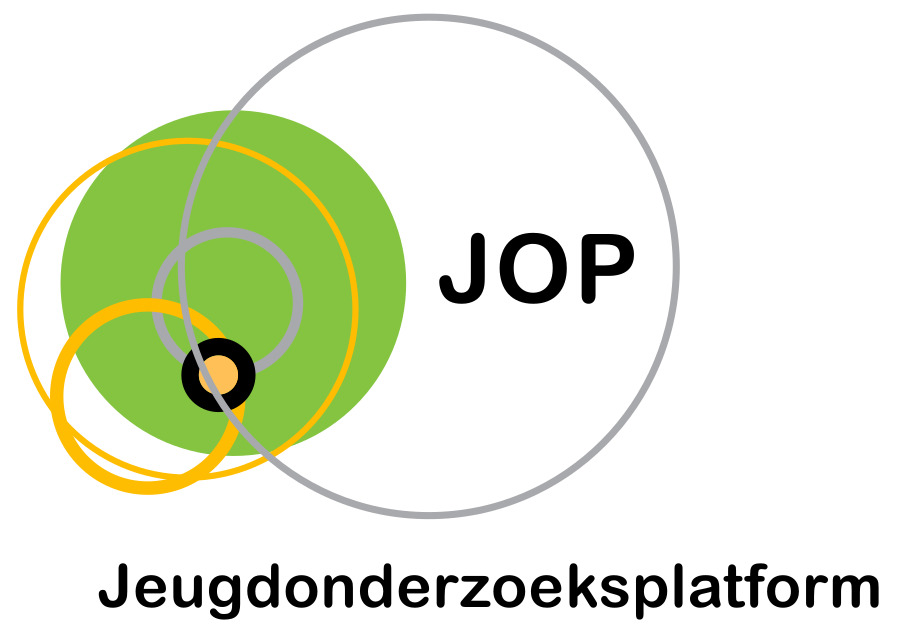Why (Should) I Do Something for the Environment?” Profiles of Flemish Adolescents’ Motivation Toward the Environment.
Auteurs
Sass, W., Pauw, J., Donche, V., & Petegem, P. (2018).

Abstract
De Motivation Toward the Environment Schaal (MTES), ontwikkeld in Canada, meet de zelf gedetermineerde motivatie om iets te doen voor het milieu. Deze studie valideerde de schaal in navolging van haar ontwikkelaars aan de hand van 779 Nederlandstalige secundaire school studenten tussen de 17 en 19 jaar oud in Vlaanderen. Meer specifiek werden de betrouwbaarheid en validiteit van de Nederlandstalige vertaling nagekeken. Daartoe werd gebruik gemaakt van een confirmatorische factoranalyse en werd de simplex structuur nagegaan aan de hand van correlatieanalyses. De resultaten bevestigden de betrouwbaarheid van de MTES schaal, waarna een vijfschalen versie van de MTES werd geïntroduceerd waarbij de geïdentificeerde motivatie achterwege werd gelaten. De op variabele gecentreerde aanpak werd aangevuld door een aanpak waarbij de persoon centraal werd gesteld om MTES-profielen te identificeren. Aan de hand van clusteranalyses kwamen vier betekenisvolle MTES-profielen naar boven waarbij aangeleerde hulpeloosheid gemiddeld tot hoog scoorde op drie van de vier profielen. Verder worden de theoretische implicaties van de resultaten en aanbevelingen voor interventies en toekomstig onderzoek besproken.
The Motivation Toward the Environment Scale (MTES), developed in Canada, measures people’s selfdetermined motivation for doing something for the environment. Answering the call by its original developers, this study further validated the MTES within a sample of 779 Dutch-speaking senior secondary school students, aged 17 to 19, in the north of Belgium. More specifically, reliability and construct validity of a Dutch translation of the MTES were verified. To this measure, confirmatory factor analysis was used, and the hypothesized simplex structure was tested through correlation analyses. Results confirmed the reliability of the MTES and a five-scale version of the MTES, excluding identified motivation, is introduced. This variable-centered approach was complemented by the adoption of a person-centered approach for identifying MTES profiles. Using cluster analysis, four meaningful MTES profiles emerged, with amotivation scoring medium to high in all but one. Theoretical implications of the findings and suggestions for interventions and further research are discussed.
Referentie
Sass, W., Pauw, J., Donche, V., & Petegem, P. (2018). “Why (Should) I Do Something for the Environment?” Profiles of Flemish Adolescents’ Motivation Toward the Environment. Sustainability, 10(7), 2579.
Taal
Engels
Publicatievorm
Tijdschriftartikel
ISBN – DOI
10.3390/su10072579
Trefwoord(en)
MTES, identified motivaiton, aangeleerde hulpeloosheid, self-determination theorie, MTES profielen
